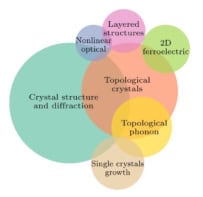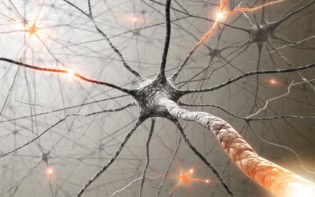
“I’d been to Cambodia. I’d got a very, very unique insight into the horrible thing of mines that take limbs from children. And I’d thought for a long time that – if I possible could – could I maybe change everybody’s attitude?”
These are the words of Sir Bobby Charlton, the former England and Manchester United footballer, speaking in this film about the science of landmine detection. After visiting several conflict areas in Southeast Asia and meeting with landmine victims, Charlton decided to use his influence to found Find A Better Way – a charity that supports the development of improved techniques for detecting landmines. The hope is that this work will speed up the process of clearing landmines, which can be an intensely risky and laborious process.
“There are literally millions of anti-personnel mines in the ground in places where people need to grow food, or need to walk to the nearest well, or simply go about their daily business – shelter under a tree from the Sun,” explains Bill Lionheart, a mathematician at the University of Manchester in the UK whose work is supported by Find A Better Way. Lionheart and his team are developing ways to reduce the number of false-positives when searching for mines. “So in a way, our challenge is not so much to find mines, but to detect that something’s not a mine,” he says.
For example, it is common for landmine clearance teams to use metal detectors to locate the firing pin and metal percussion caps present in many landmines. Currently, all those bits of metal have to be dug out of the ground before an area can be declared safe and, according to Lionheart, this approach would mean of the order of hundreds of years before people could get their land back. To improve the situation, Lionheart and his colleagues have developed the technology and the underlying maths of metal detectors to develop devices that can not only detect, but also characterize metal objects in the ground. This makes it possible to disregard the signals that relate to harmless bits of scrap metal.
Similarly, Lionheart’s team is developing a form of ground-penetrating radar with multiple sensors. This enables a far more detailed picture of the subsurface to be pieced together than is possible with conventional radar techniques. The charity is confident of the value of its work but also humble in the face of such a vast global problem. “We know that we’re not going to solve the problem in one easy move,” says the charity’s chairman, John Edees. “We’re not seeking the blue horizon – we are seeking to improve the technology and the way things work today, and to improve it in the years ahead.”



